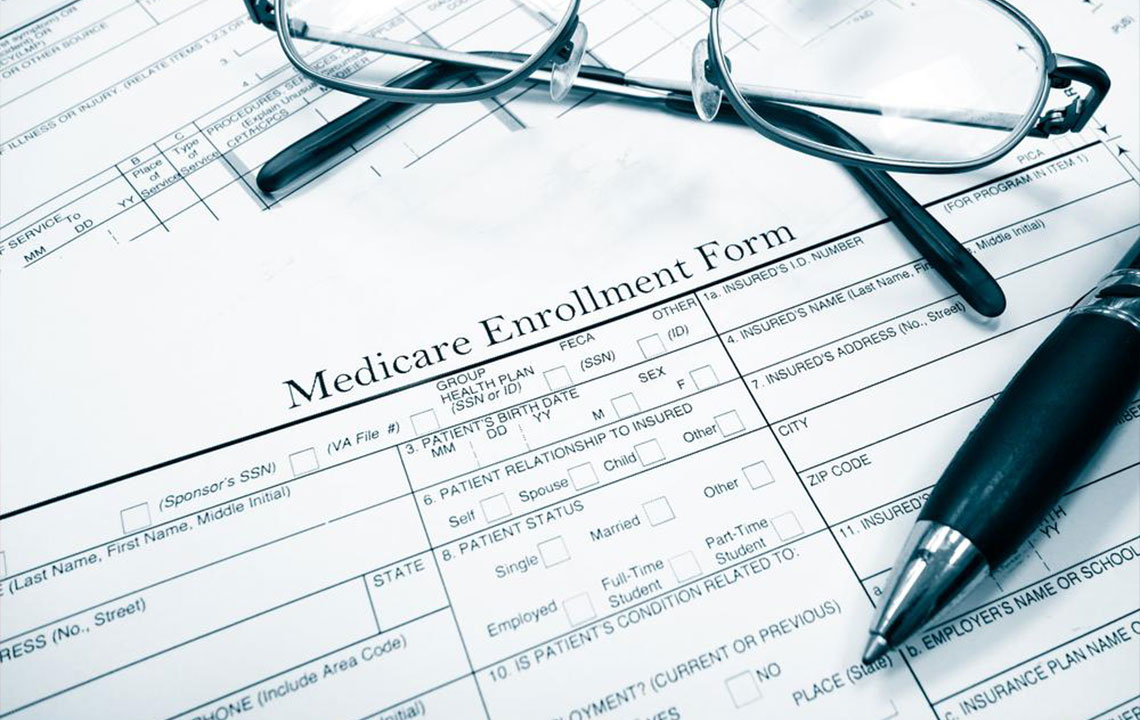Your Complete Guide to Medicare’s In-Home Healthcare Coverage and Benefits
This comprehensive guide explores Medicare’s home healthcare coverage, detailing eligibility requirements, benefits, and how seniors can access professional medical services in the comfort of their homes. Learn about the advantages of in-home care, qualifying criteria, and the process to receive high-quality, hospital-level healthcare while remaining at home. Ideal for seniors and caregivers seeking affordable, convenient healthcare solutions within the Medicare system.

Understanding Medicare’s Home Healthcare Services and How to Access Them
Medicare plays a vital role in providing affordable, high-quality healthcare options for individuals aged 65 and older in the United States. One of the most beneficial programs under Medicare is the Home Health Care plan, which directly delivers essential medical services right to the patient's home. This in-home care service is designed to offer a seamless healthcare experience, ensuring patients receive professional nursing, therapy, and other skilled medical services without needing to visit healthcare facilities physically.
Unlike traditional healthcare visits, Medicare’s home health benefits promote comfort, safety, and convenience. Patients can maintain their daily routines in familiar surroundings while receiving the necessary care, which often leads to better health outcomes. Moreover, this approach helps reduce overall healthcare costs, alleviating the financial burden on patients and the healthcare system alike. Benefit from hospital-level quality care without leaving home—this is the key advantage of Medicare’s home healthcare services.
In order to qualify for Medicare's home health benefits, individuals must meet certain eligibility requirements. Understanding these criteria is essential for patients and caregivers seeking to utilize this valuable healthcare service.
**Enrollment in Medicare Part A and/or Part B:** Patients must be enrolled in one of these two parts of Medicare to be eligible for home health services.
**Homebound Status Certification:** A licensed healthcare professional, typically a physician, must certify that the patient is homebound, meaning leaving home requires considerable effort or assistance, and leaving is usually for medical treatment only.
**Ongoing Medical Supervision and Treatment:** The patient should be under continuous medical supervision, and ongoing treatment plans should be in place to monitor health progress and needs.
**Need for Skilled Nursing or Therapy Services:** The patient requires specific skilled services such as skilled nursing, physical, speech, or occupational therapy, as determined by a doctor based on the patient's condition.
**Selection of an Approved Home Health Agency:** The care must be provided by a Medicare-approved home health agency that complies with federal standards and regulations.
Meeting these criteria ensures that beneficiaries can access a comprehensive range of in-home healthcare services, providing them comfort, independence, and high-quality medical care in the familiarity of their homes. This coverage plays a crucial role in the overall healthcare provider ecosystem, especially as the aging population continues to grow, emphasizing the importance of delivering care that is both effective and compassionate.
In summary, Medicare's home healthcare benefits are a valuable resource for seniors and those eligible for Medicare who need medical assistance but prefer to stay at home. Proper understanding of the qualification requirements and available services can help individuals make informed decisions to improve their health and quality of life, while also managing healthcare costs efficiently.





